Learn efficient methods for how to get pregnant with PCOS Discover professional advice and insights to improve your chances of naturally conceiving while managing PCOS symptoms.
PCOS, also known as polycystic ovary syndrome, is a complicated hormonal disorder that affects the ovaries. Small cysts on the ovaries, which can cause irregular menstrual cycles and hormonal abnormalities, are one of its main features. For women with PCOS, these anomalies frequently make it difficult for them to get pregnant.
How to Get Pregnant with PCOS?
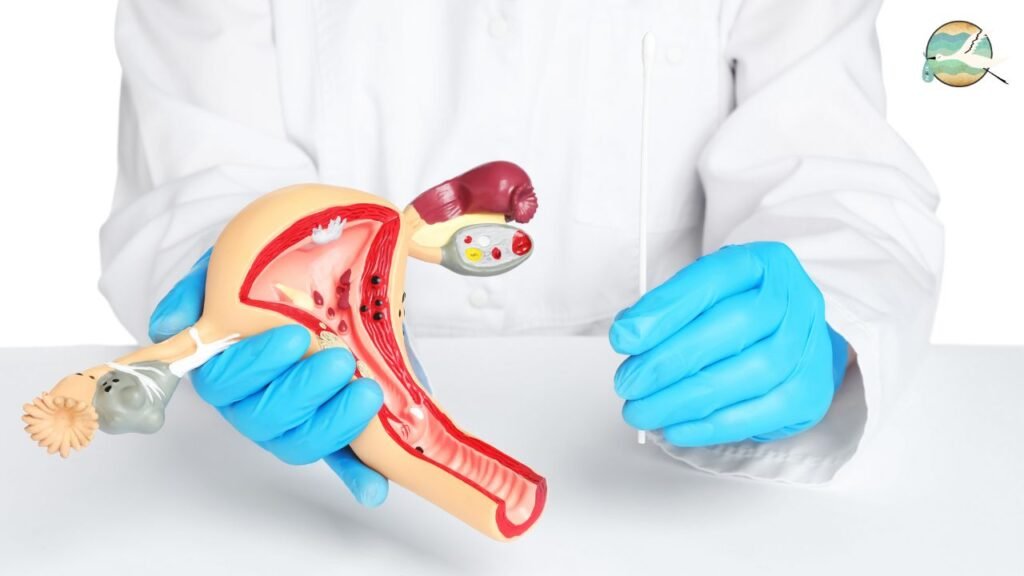
The acceptance of parenting is one of life’s most amazing moments. However, this trip may present unique difficulties for those with Polycystic Ovary Syndrome (PCOS). The hormonal condition PCOS, which affects many women of reproductive age, can occasionally make it challenging to get pregnant. But do not worry; this thorough article will explain how to conceive with having PCOS. We’ll discuss tactics and advice to help you enhance your chances of getting pregnant while treating PCOS well.
How Does PCOS Affect Fertility?
PCOS is a hormonal condition that affects the ovaries and can cause a number of issues that make it difficult for PCOS sufferers to get pregnant. Here is a thorough examination of how PCOS impacts fertility:
Irregular Ovulation: Ovulation irregularities or even the lack of ovulation altogether are one of the most frequent ways PCOS impairs fertility. Ovulation, which is necessary for conception, is the process by which an egg is released from the ovary. Hormonal irregularities in women with PCOS interfere with this process, making it challenging to anticipate when ovulation will take place. The window of opportunity for fertilization thus becomes erratic.
Hormonal Imbalances: Increased levels of androgens, often known as male hormones, are a hallmark of PCOS. These elevated androgen levels can obstruct the release of eggs from the ovaries and disrupt the usual menstrual cycle. This hormonal imbalance increases the irregularity of ovulation and lowers the likelihood of becoming pregnant.
Insulin Resistance: Insulin resistance, a condition in which the body’s cells do not respond to insulin as efficiently, is another issue that many women with PCOS suffer from. Elevated blood insulin levels may result from this. High insulin levels have been associated with metabolic problems and weight gain, both of which can worsen hormonal imbalances and have a detrimental effect on fertility.
Menstrual Irregularities: Some women experience few or nonexistent periods as a result of PCOS, which frequently causes irregular menstrual cycles. It is difficult to pinpoint the fertile window for conception because of this unpredictability. Additionally, attempting to get pregnant may be made more difficult by periods that are painful and heavy when they do come.
Ovarian Cysts: Small cysts on the ovaries that are loaded with fluid are a sign of PCOS. These cysts are a telltale sign of the illness even if they might not directly impair fertility. These cysts frequently coexist with hormonal abnormalities and unpredictable ovulation, which further complicates reproductive issues.
Weight Management: Weight control is a challenge for many PCOS-afflicted women. Weight gain can make hormonal abnormalities and insulin resistance worse. Additionally, it may impact how well the body reacts to reproductive therapies. Management of PCOS-related infertility must include achieving and maintaining a healthy weight.
Increased Risk of Miscarriage: Comparing individuals with PCOS to those without the illness, women with PCOS may have a slightly increased risk of miscarriage. Part of this risk is attributable to hormonal imbalances and uterine lining abnormalities that might develop as a result of sporadic ovulation.

What are the main Strategies to Boost Fertility with PCOS?
Despite the fact that PCOS might make it harder to get pregnant, there are a number of methods that can assist increase a woman’s fertility. It’s crucial to remember that each person will respond to these techniques differently, therefore it’s best to develop a specialized strategy in close consultation with a healthcare professional. Here are some key approaches to take into account:
Lifestyle Modifications: Although PCOS can have a major negative influence on fertility, you can increase your chances of getting pregnant by making certain lifestyle changes. Start by eating a balanced diet that prioritizes real foods while avoiding processed carbohydrates and fats. Exercise on a regular basis is essential for controlling weight and improving insulin sensitivity. Maintaining a healthy lifestyle is the cornerstone of controlling PCOS.
Weight Management: Infertility associated with PCOS is strongly influenced by weight. If you are overweight, even a small amount of weight loss might help to balance your hormones and encourage ovulation. Avoid excessive diets and use healthy ways to lose weight instead. To create a tailored weight-loss strategy, speak with a healthcare professional or registered dietitian.
Medications and Treatment: Your menstrual cycle can be regulated and ovulation can be induced with the help of medication. The drug metformin, which increases insulin sensitivity, is frequently recommended. Another choice for ovulation stimulation is clomiphene citrate. LH drugs could be required in some circumstances to induce ovulation. In the event that these drugs are unsuccessful, assisted reproductive technologies like IVF or IUI may be taken into account.
Ovarian Drilling and Surgery: Surgical intervention, such as ovarian drilling, may be advised for some people. In order to decrease androgen production and increase ovulation, this surgery involves creating tiny holes in the ovaries. A fertility professional should be consulted in detail regarding surgical possibilities.
Stress Management and Supplements: In order to prevent PCOS symptoms from getting worse, stress management is essential. Meditation and yoga are two excellent techniques. A few nutrients, including inositol and N-acetylcysteine (NAC), have also demonstrated the potential in enhancing ovulation and insulin sensitivity. Consult with your doctor first before starting a new supplement program.
Regular Monitoring and Fertility Specialist: To create a treatment plan that is tailored to your unique needs, regular monitoring of your menstrual cycle and hormone levels is necessary. Consider speaking with a reproductive expert who specializes in PCOS-related fertility concerns if fertility problems still exist despite your best efforts. They can provide cutting-edge therapy alternatives and assistance adapted to your particular circumstance. Keep in mind that while dealing with PCOS-related reproductive concerns, patience and tenacity are frequently essential.

Frequently Asked Questions (FAQs)
Q: Can I get pregnant with PCOS naturally?
A: With the correct lifestyle adjustments and medical assistance, it is really possible to conceive naturally even if you have PCOS.
Q: Are there any specific diets for women with PCOS trying to conceive?
A: There is no one diet that works for everyone, but a balanced diet that emphasizes controlling insulin levels might be helpful.
Q: What role does weight play in PCOS-related infertility?
A: It’s crucial to maintain a healthy weight since doing so can promote fertility and improve hormone balance.
Q: How long should I try before seeking medical help for PCOS-related infertility?
A: It is advised to speak with a healthcare professional if you are under 35 and have been trying for a year without success, or if you are over 35 and have been trying for six months.
Q: Are there any natural supplements that can aid fertility with PCOS?
A: Inositol and N-acetylcysteine pills are beneficial for some women, but you should always talk to your doctor before taking any supplements.
Q: What are the success rates of fertility treatments for PCOS?
A: Success rates change with age and the particular type of therapy utilized, among other things. Your possibilities might be better understood by speaking with a fertility professional.
Conclusion
Although conceiving with PCOS may offer special difficulties, it’s crucial to keep in mind that many women with PCOS are able to have children. You may improve your chances of experiencing the joy of motherhood by leading a healthy lifestyle, getting professional counsel, and remaining educated. Remember that every journey is different, and you can get pregnant with PCOS if you are determined and have support.
Related Post
PCOD vs PCOS: How Are They Different? 2023
What Fertility Treatment is Best for PCOS?
Does Female Masturbation Increase Fertility?

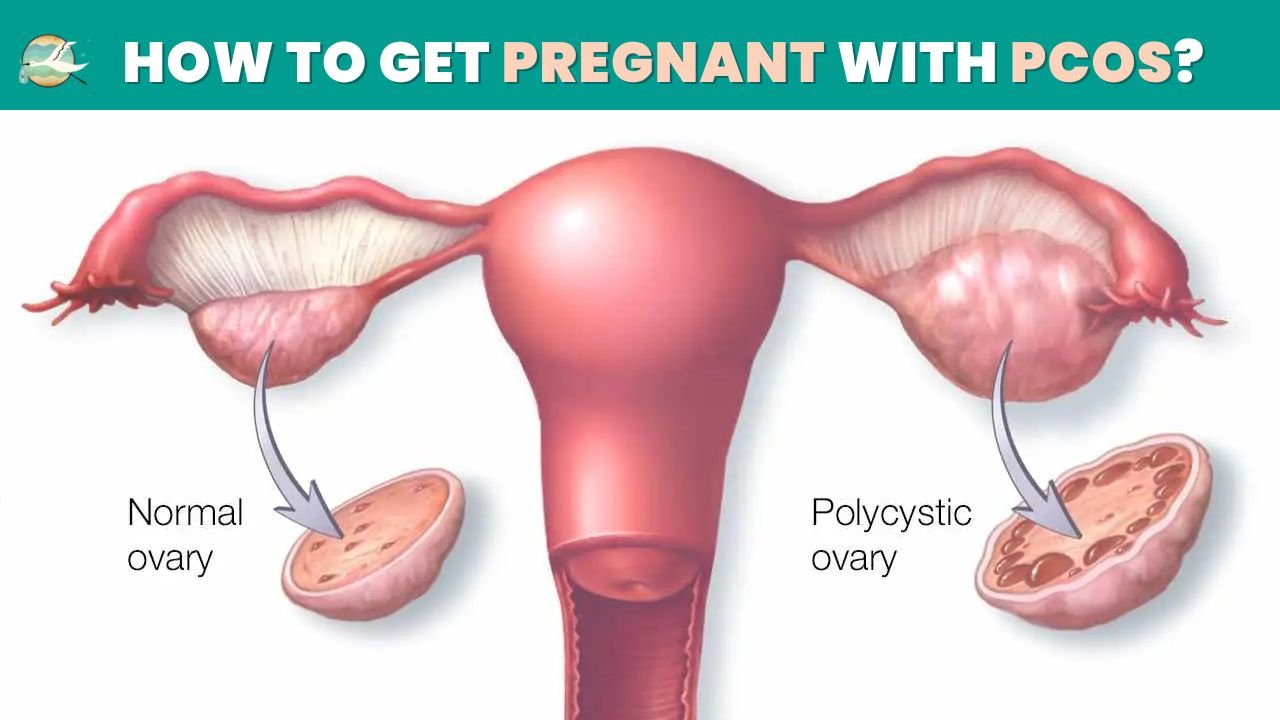

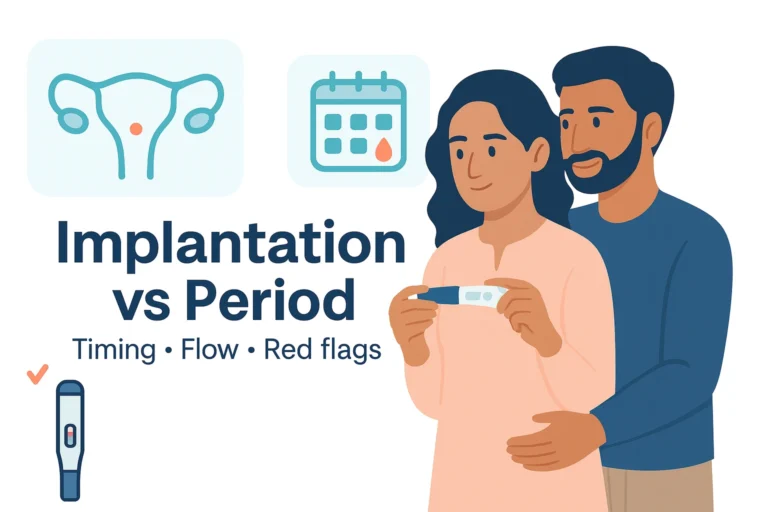
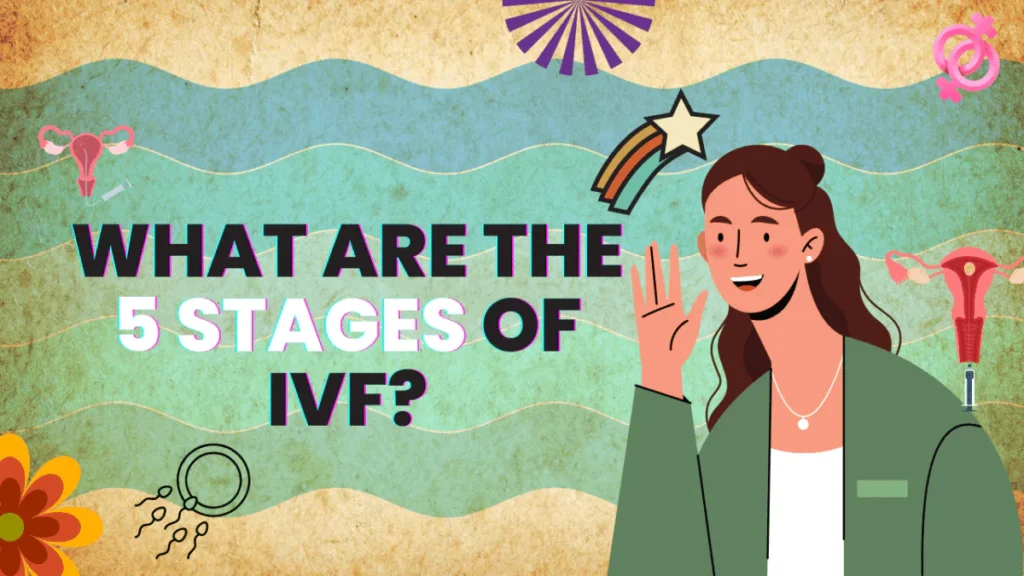


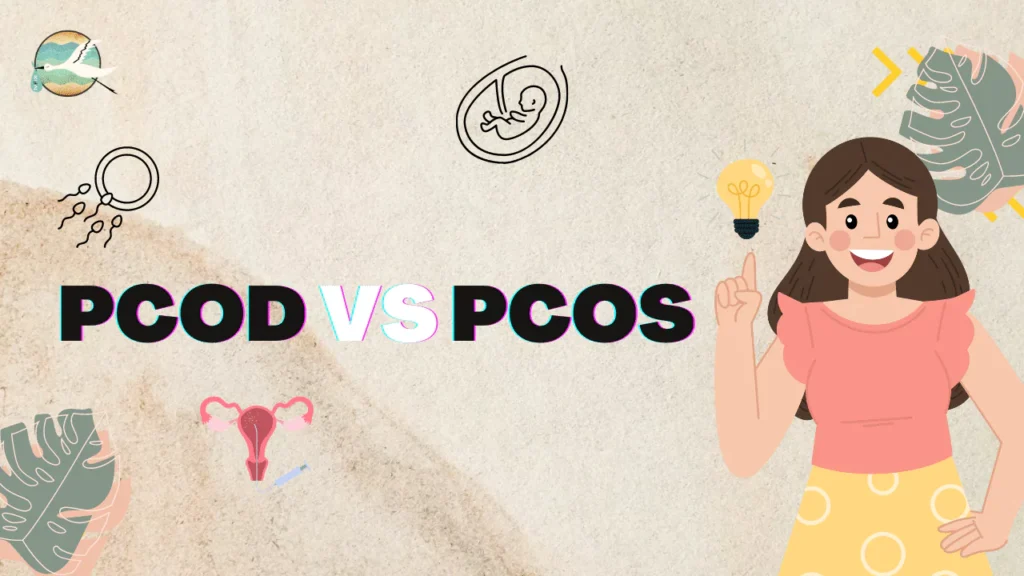
[…] assess the specific situation and decide whether to use Dexona or any medication during pregnancy, pregnant people need to have honest and thorough discussions with their healthcare providers. To ensure the […]
[…] conditions: It can be influenced by medical conditions such as PCOS or thyroid […]
[…] PCOS: This is the most common type of PCOS, affecting around 70% of those who have the condition. Insulin resistance occurs when the […]